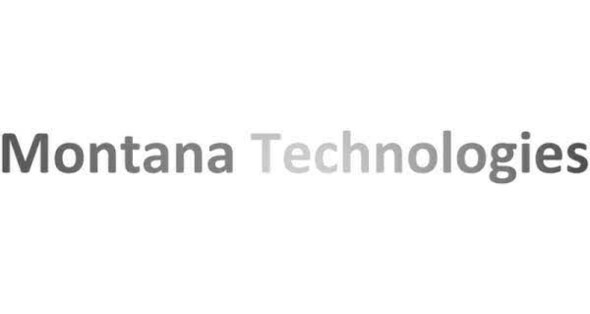Health
“I Lost 130 lbs at Age 53!” — Here's the Protein Combo That Builds Muscle + Boosts Weight Loss
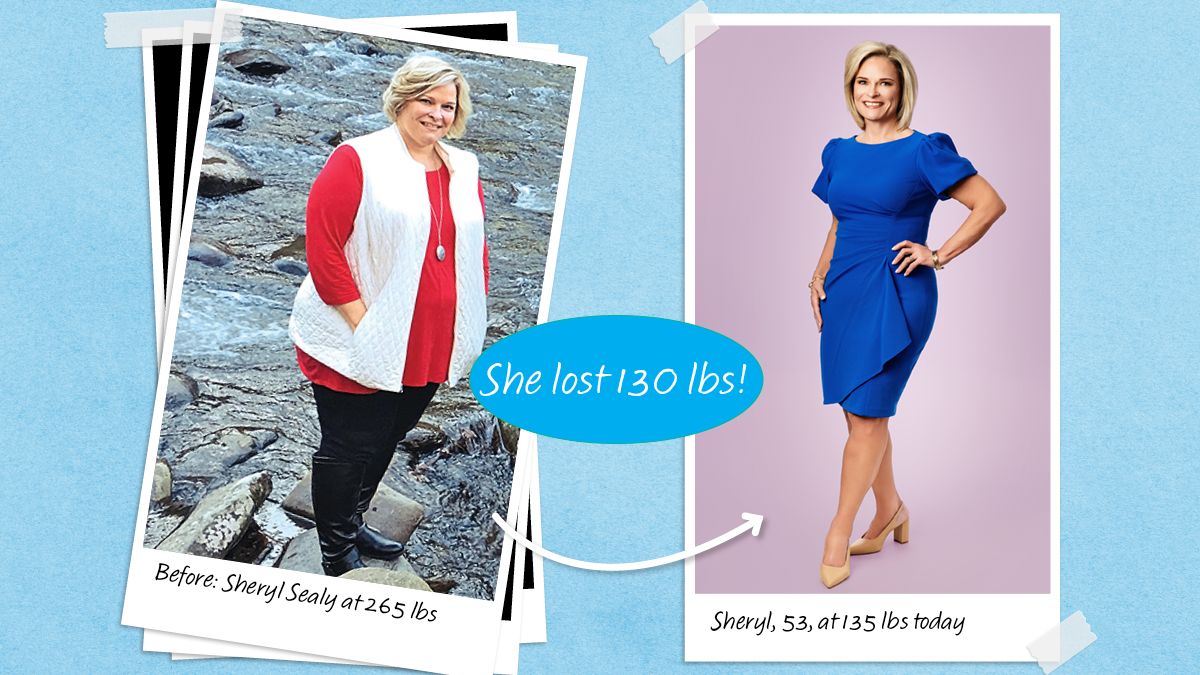
Sign Up
Create a free account to access exclusive content, play games, solve puzzles, test your pop-culture knowledge and receive special offers.
Already have an account? Login
Forgot your password?
Get back to the Sign In
Use left and right arrow keys to navigate between menu items.
Use escape to exit the menu.

Health
This 30 Plants a Week Hack Helped One Woman Lose 227 lbs — How It Can Work for You
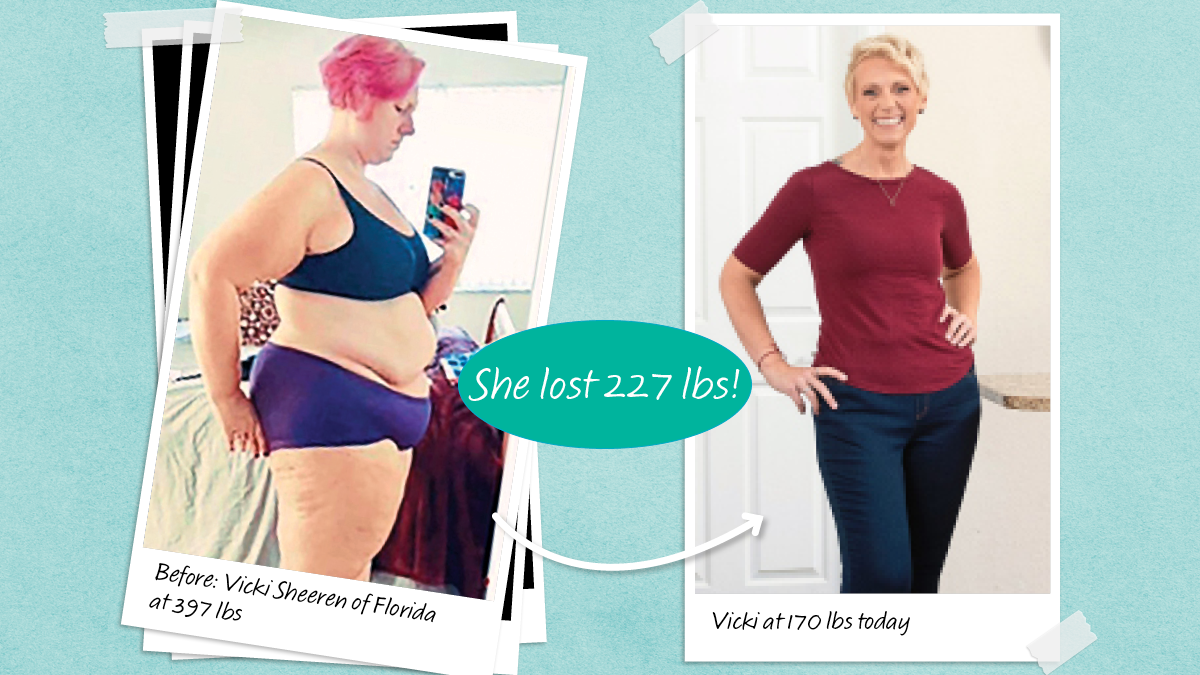
Sign Up
Create a free account to access exclusive content, play games, solve puzzles, test your pop-culture knowledge and receive special offers.
Already have an account? Login
Forgot your password?
Get back to the Sign In
Use left and right arrow keys to navigate between menu items.
Use escape to exit the menu.
Health
Ask a doc: 'Is it dangerous to swallow gum?'

It might be tempting to swallow chewing gum if there’s no trash can nearby to dispose of it — but is it dangerous to do so?
Though it’s not necessarily a health hazard, swallowing gum is not a good habit, according to Dr. Ari Lamet, a gastroenterologist in Hollywood, Florida.
“Swallowing a piece of gum occasionally should not be an issue if you have a normal GI tract or have not experienced an intestinal blockage,” Lamet told Fox News Digital.
MEET THE AMERICAN WHO CREATED BUBBLE GUM, WALTER DIEMER, HOME-KITCHEN CHEMIST OUTWITTED SCIENTISTS
What about those age-old warnings about gum taking seven years to digest?
The truth is, it doesn’t actually digest at all.
Though it’s not necessarily a health hazard, swallowing gum is not a good habit, according to doctors. (iStock)
“Gum is non-digestible (and has no nutritional value), so eventually, it will come out in your bowel movements,” Lamet said.
Dr. Kerry Frommer Firestein, a pediatrician and CEO of Allied Physicians Group in New York, agreed that swallowing gum will likely have minimal-to-no impact on your health.
ASPARTAME IN CHEWING GUM: DENTAL EXPERTS WEIGH IN ON THE SWEETENER’S SAFETY FOR TEETH AND GUMS
“The chewy part of the gum is not able to be digested,” she told Fox News Digital. “It will pass through your intestines and come out in a bowel movement within a day or so.”
However, swallowing gum can be more dangerous for some people, the doctors warned.
“If you have had GI surgery or experienced previous blockages, it is best to avoid swallowing gum,” Lamet said.
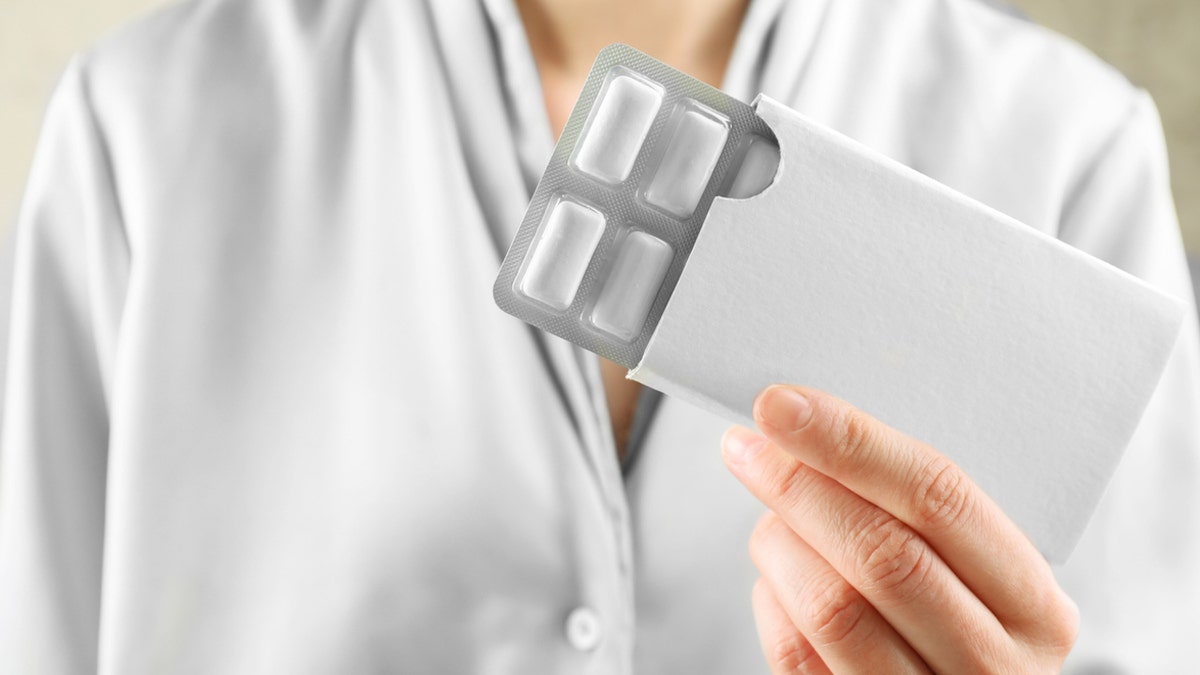
Swallowing gum can be more dangerous for some people, the doctors warned. (iStock)
Swallowing gum could be more dangerous in someone who swallows large quantities on a regular basis, Firestein noted.
It can also be dangerous if swallowed with other non-food items, she added. “They could all mix together and create something that gets stuck in the intestinal tract.”
CLICK HERE TO SIGN UP FOR OUR HEALTH NEWSLETTER
Chewing gum can also cause you to swallow more air than usual, she warned — which can cause gas and bloating.

“The best way to avoid an intestinal blockage is not to swallow” gum at all, one doctor advised. (iStock)
“It can also cause jaw problems leading to jaw pain, headaches and earaches,” she said.
Even if you don’t fall into one of the higher-risk categories, it’s best not to make swallowing gum a habit, according to Lamet.
“The best way to avoid an intestinal blockage is not to swallow it at all.”
For more Health articles, visit www.foxnews.com/health.
Health
US pediatricians group reverses decades-old policy, allowing breastfeeding for those with HIV
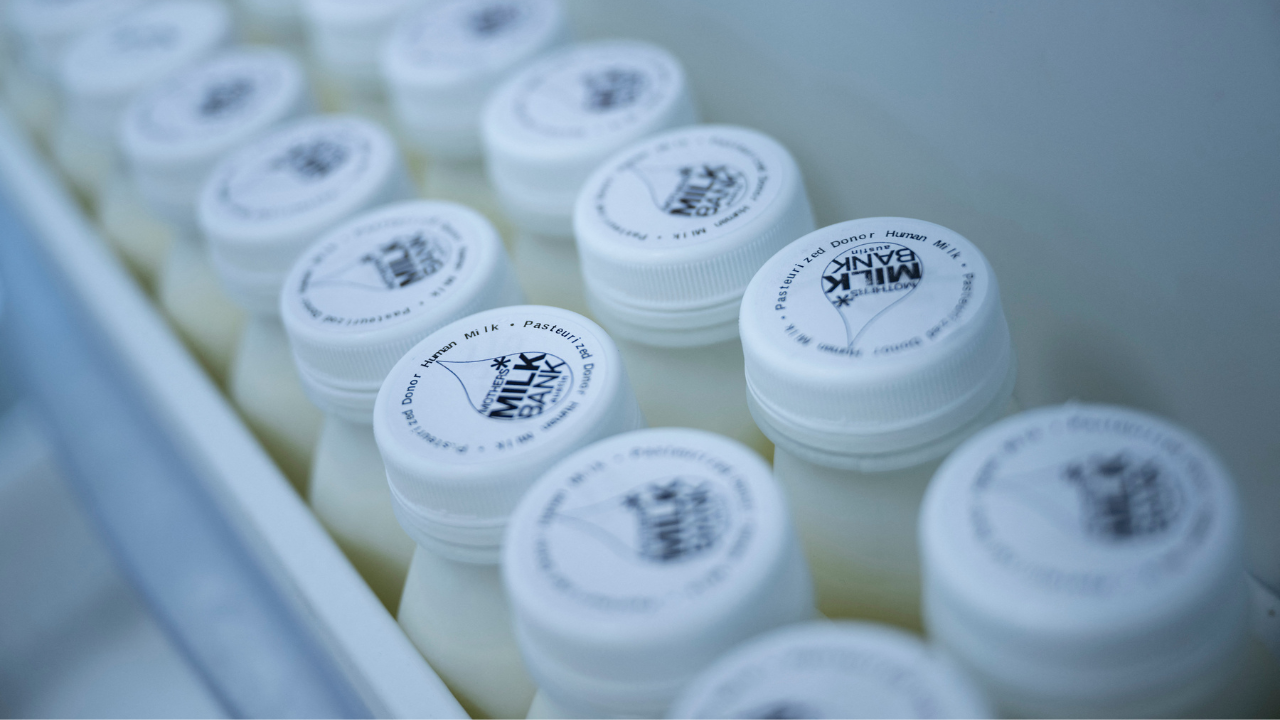
- People with HIV can breastfeed if they take medications suppressing the AIDS virus, per the American Academy of Pediatrics.
- This marks a significant shift from recommendations since the 1980s.
- Antiretroviral drugs can reduce HIV transmission risk via breast milk to less than 1%.
People with HIV can breastfeed their babies, as long as they are taking medications that effectively suppress the virus that causes AIDS, a top U.S. pediatricians’ group said Monday in a sharp policy change.
The new report from the American Academy of Pediatrics reverses recommendations it had in place since the start of the HIV epidemic in the 1980s.
It recognizes that routinely prescribed drugs can reduce the risk of transmitting HIV via breast milk to less than 1%, said Dr. Lisa Abuogi, a pediatric HIV expert at the University of Colorado and lead author of the report.
BENEFITS OF BREASTFEEDING FOR BOTH MOM AND BABY
“The medications are so good now and the benefits for mom and baby are so important that we are at a point where it is important to engage in shared decision-making,” Abuogi said.
Processed breast milk awaiting distribution is seen at the Breastfeeding Center for Greater Washington on May 19, 2022, in Washington, D.C. People with HIV can breastfeed their babies, as long as they are taking medications that effectively suppress the virus that causes AIDS, a top U.S. pediatricians’ group said on Monday in a sharp policy change. (BRENDAN SMIALOWSKI/AFP via Getty Images)
The drugs, known as antiretroviral therapy, don’t eliminate all risk of transmitting HIV through breast milk. Avoiding breastfeeding is the only certain way to prevent spreading the virus, Abuogi said.
In addition, parents must breastfeed exclusively for the babies’ first six months because research shows that switching between breast milk and formula can disrupt an infant’s gut in ways that increase the risk of HIV infection.
About 5,000 people who have HIV give birth in the U.S. each year. Nearly all take drugs to suppress the virus to very low levels, Abuogi said, though viral levels can rebound if they don’t stay on them.
BREASTFEEDING BAN: GEORGIA MOTHER IS TOLD SHE CAN’T NURSE HER BABY AT WATERPARK, SPARKING DEBATE
Before the medications became widely available starting a decade ago, about 30% of HIV infections transmitted from moms to babies occurred during breastfeeding, said Dr. Lynne Mofenson, an adviser to the Elizabeth Glaser Pediatric AIDS Foundation. In the early 1990s, about 2,000 infections occurred in U.S. infants each year. Today, it’s fewer than 30.
The AAP policy comes more than a year after the National Institutes of Health and the Centers for Disease Control and Prevention reversed longstanding recommendations against breastfeeding by people with HIV. That guidance said people who have consistent viral suppression should be counseled on their options. It also emphasizes that health care providers shouldn’t alert child protective services agencies if a parent with HIV seeks to breastfeed.
The goal is listening to patients “and not blaming or shaming them,” said Dr. Lynn Yee, a Northwestern University professor of obstetrics and gynecology who helped draft the NIH guidance.
Breastfeeding provides ideal nutrition for babies and protects them against illnesses and conditions such as obesity and Type 2 diabetes, research shows. Nursing also reduces the mother’s risk of breast and ovarian cancer, diabetes and high blood pressure.
The World Health Organization has recommended since 2010 that women with HIV in developing countries breastfeed their infants and have access to antiretroviral therapy. The guidance weighed the risk of infants acquiring HIV through breastfeeding and the risk of babies dying from malnutrition, diarrhea and pneumonia in places where safe replacements for breast milk aren’t available.
In developed nations, however, experts had recommended against breastfeeding because the wide availability of safe water, formula and human donor milk could eliminate the risk of HIV transmission, Yee said.
That frustrated people with HIV who were flatly refused the option of nursing.
Ci Ci Covin, 36, of Philadelphia, said she was diagnosed with HIV at age 20 and not permitted to breastfeed her first child, Zion, now 13.
“I couldn’t understand how come my sister that lives in a place like Kenya, who looks just like me with the same color brown skin, was given the option to breastfeed and how my option was starkly no,” she said.
Not being able to nurse her son sent Covin into a spiral of postpartum depression, she said. When she became pregnant with her now 2-year-old daughter, Zuri, her health care team helped her successfully breastfeed for seven months. Covin took her prescriptions as directed and also gave the baby drugs to prevent infection.
“Breast milk has everything in it that my baby would need,” Covin said. “That’s a beautiful thing.”
Abuogi said the AAP report provides crucial guidance for pediatricians, nurses and lactation specialists who work directly with children and families.
Some providers were already helping people treated for HIV to nurse their babies, despite the earlier recommendations. The new guidance should expand the practice, hopefully quickly, Abuogi said.
“This is a unique situation because it’s not just doctors and providers who are changing,” Abuogi said. “Our patients are pushing this as well.”
-

 News1 week ago
News1 week agoSkeletal remains found almost 40 years ago identified as woman who disappeared in 1968
-

 World1 week ago
World1 week agoIndia Lok Sabha election 2024 Phase 4: Who votes and what’s at stake?
-

 Movie Reviews1 week ago
Movie Reviews1 week ago“Kingdom of the Planet of the Apes”: Disney's New Kingdom is Far From Magical (Movie Review)
-

 World1 week ago
World1 week agoUkraine’s military chief admits ‘difficult situation’ in Kharkiv region
-

 Politics1 week ago
Politics1 week agoTales from the trail: The blue states Trump eyes to turn red in November
-

 World1 week ago
World1 week agoBorrell: Spain, Ireland and others could recognise Palestine on 21 May
-

 World1 week ago
World1 week agoCatalans vote in crucial regional election for the separatist movement
-

 Politics1 week ago
Politics1 week agoNorth Dakota gov, former presidential candidate Doug Burgum front and center at Trump New Jersey rally


